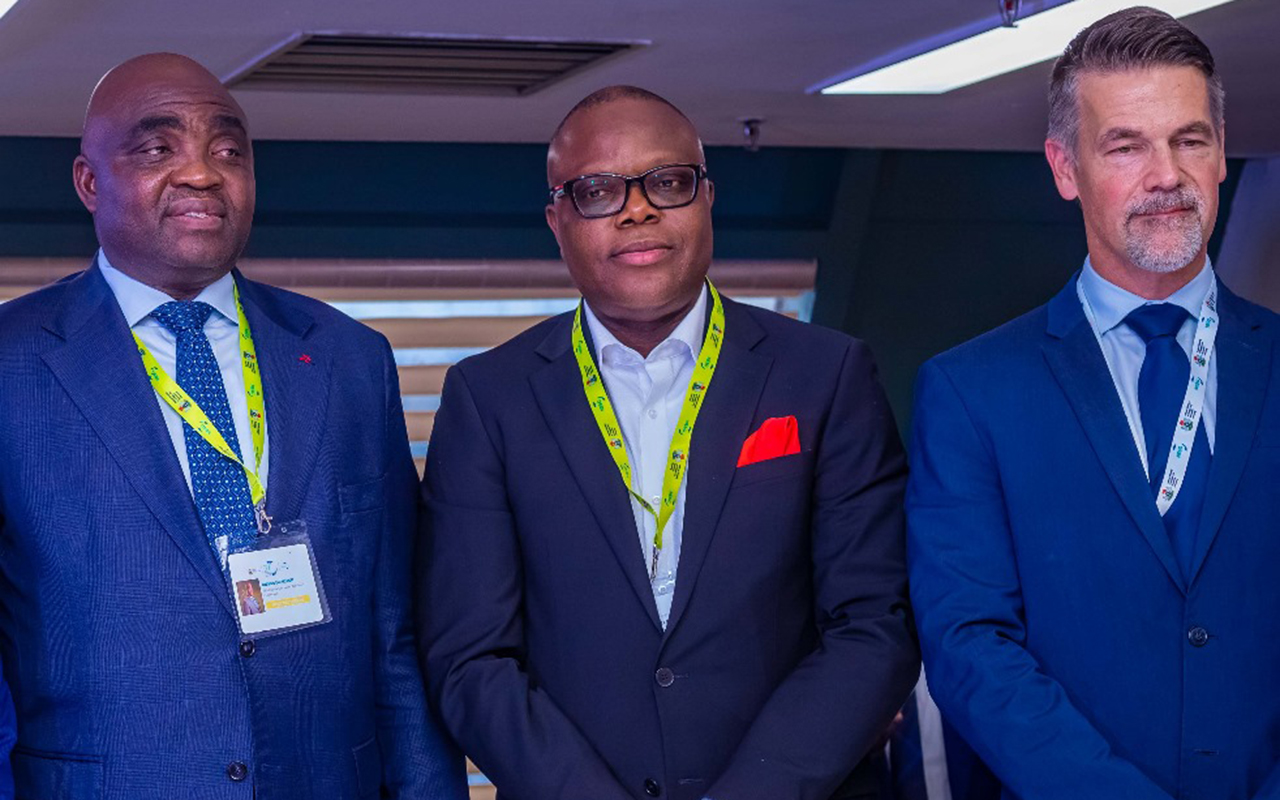
The Blue Economy Academy (BEA) has officially commenced operations to address “sea blindness” by bridging the knowledge gap in ocean-driven economic activities and providing structured training to unlock the wealth of Nigeria’s maritime sector.
The academy is dedicated to raising awareness about the vast opportunities within the maritime sector by leveraging education, policy advocacy and strategic collaborations to harness the full potential of the blue economy.
Speaking at a press conference in Lagos to announce the academy’s launch, the founder, Ubong Essien, emphasised the academy’s crucial role in capacity building and the need for Nigerians to deepen their understanding of the maritime sector’s economic potential.
Essien, who served as the former Special Adviser on Strategy and Communications to the immediate past Director-General of the Nigerian Maritime Administration and Safety Agency (NIMASA), Dr Bashir Jamoh, stated that the academy was founded to educate individuals about the immense wealth embedded in the nation’s waters.
He said the academy aims to address critical challenges in the maritime space through strategic initiatives, which include offering specialised training, masterclasses and capacity-building programmes led by industry experts.
Essien said the academy also seeks to promote national dialogue on maritime opportunities, foster engagement, and influence policy decisions that support sustainable maritime development.
Additionally, the academy is focused on ensuring long-term stakeholder commitment to implementing policies and initiatives for the sector’s growth. He said the academy’s structure is built around 10 key blue economy pillars, which are the blue commercial, blue bounty, blue power, blue cities, blue governance and justice, blue venture, blue nexus, blue climate, blue talent and blue capital.
Essien emphasised the importance of enhancing maritime trade and logistics, maximising the potential of fisheries and aquaculture, exploring renewable ocean energy solutions, and developing sustainable coastal and waterfront cities.
He also underscored the need for strengthening policies and regulatory frameworks, integrating ocean-related industries for sustainable growth, addressing climate change impacts on marine ecosystems and promoting maritime entrepreneurship and investment.






